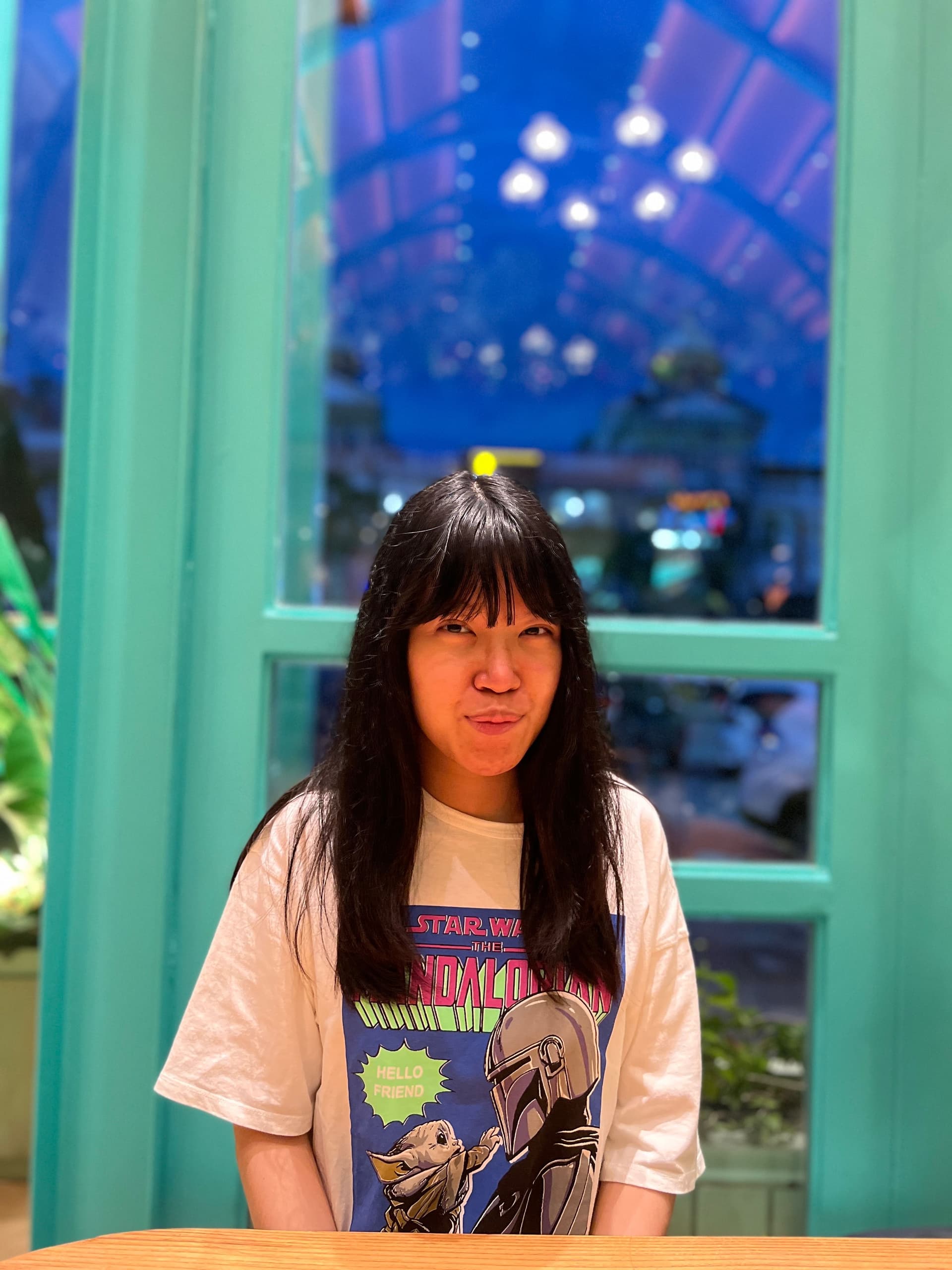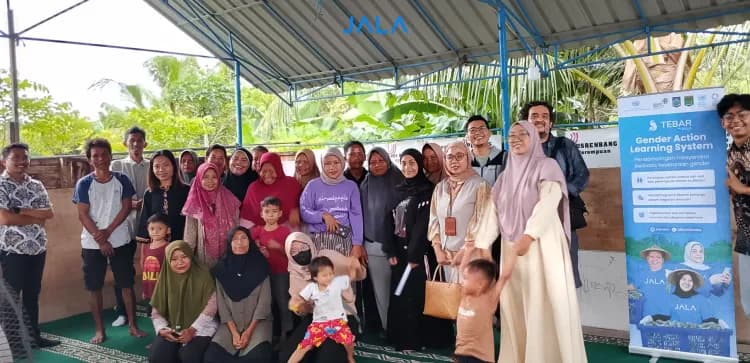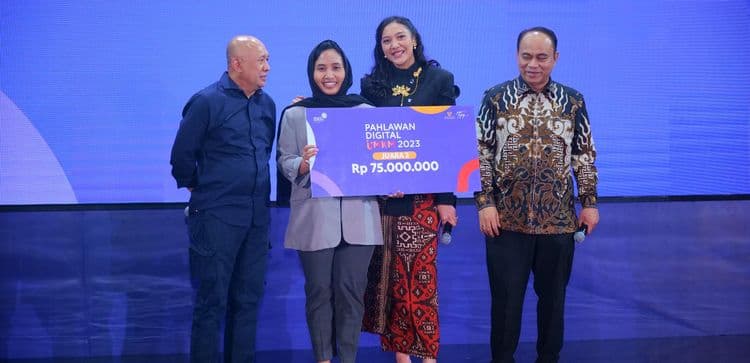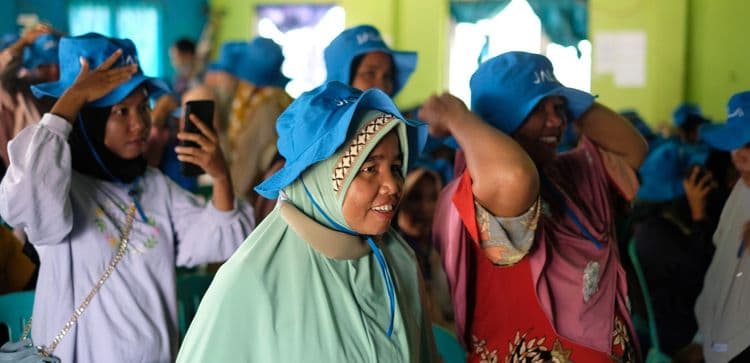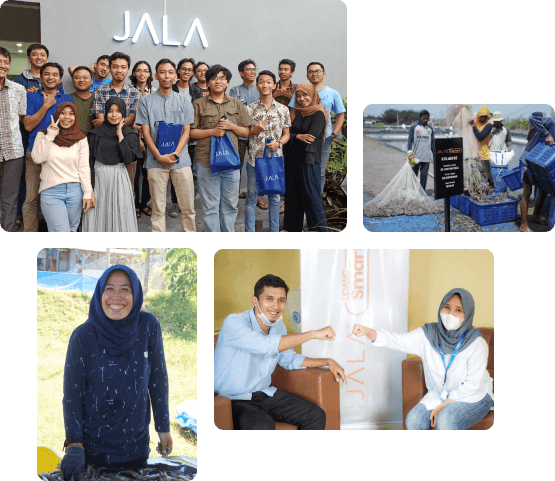
Last Thursday, 22 December 2022, JALA partnered with JUARA (bioenzyme for waste management) and Forum Informasi Budidaya Udang to host the SHRIMPS TALK webinar with the theme “Proper Shrimp Cultivation Strategy for a Sustainable Process and Maximum Profitability”. This event had two guest speakers, Prof. Dr. Ir. Sri Andayani, MS and Ir. Denny D. Indradjaja, M. Sc., and was attended by 160 audiences.
During the first session, Prof. Dr. Ir. Sri shared about Water Quality Management in a Challenging Environment. Water is a vital compound for shrimp, as any negative changes in its physical, chemical, and biological properties can cause stress and even death for shrimp. Thus, water quality should be monitored and maintained properly.

She continued by sharing some tips to maintain water quality, such as through a recirculation system. In this system, pond water is cleaned from excessive waste and toxins, and then returned into the pool to minimize the amount of water used. Some types of recirculation systems include mechanical filters from bamboo or wood, sedimentation, and adsorption using activated carbon.
Apart from recirculation, probiotics can be another strategy to improve water quality. Probiotics can be administered through the water or the shrimp feed. They work by reducing excess organic matter as well as toxins like ammonia.
In the second session, Ir. Denny shared about “Post-Harvest Handling and Marketing Strategy of Shrimp”. Post-harvest handling is an important stage to ensure that shrimp can be sold to the market. Thus, one essential certification farmers should have is the IndoGAP (Indonesia Good Aquaculture Practices) certification.

Moreover, farmers should also ensure their farming practices uphold traceability, as it is a guarantee that their harvested shrimp meets the existing quality and safety standards. Shrimp that is distributed from farm to fork must have clear information and data. For the international market, some criteria that will be assessed are source of raw materials, stock condition, environmental impact, employee welfare, and existing certifications such as GMP and HACCP.
As a country with a high potential of shrimp production, Indonesia has the capability to market its shrimp internationally. Farmers are encouraged to make sure their cultivation runs optimally and pay attention to the post-harvest handling of their shrimp.
This SHRIMPS TALK serves as an insightful closure for shrimp farmers this year. They were excited to ask about cultivation and marketing tips for their shrimp. JALA hopes that this webinar can motivate and equip farmers to run their cultivation better in 2023.
Are you involved in the shrimp cultivation industry and want to improve your farm productivity with the latest information and insights? Make sure to follow JALA’s Instagram at @jalaindonesia so you don’t miss the next SHRIMPS TALK and other upcoming events. See you in the next SHRIMPS TALK!
Read more:
